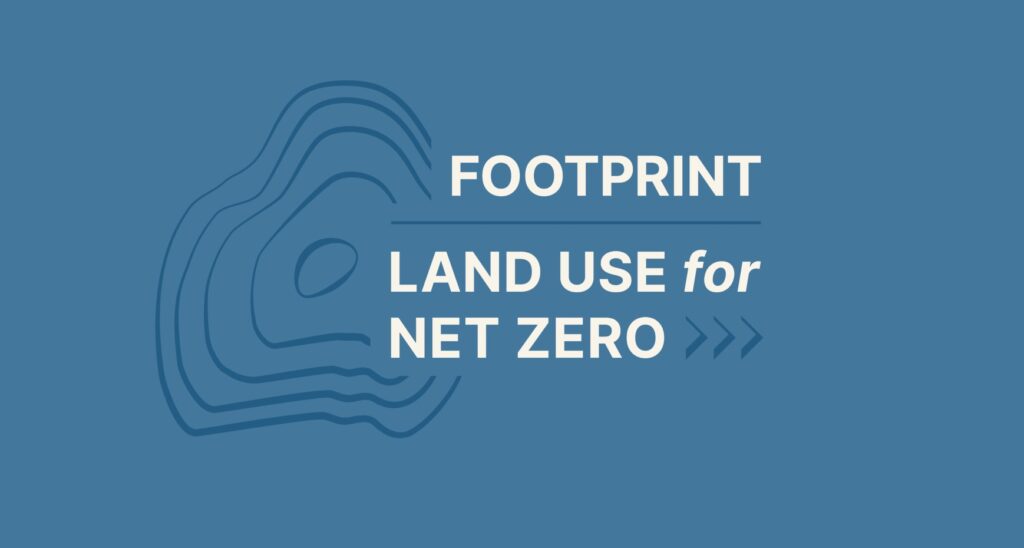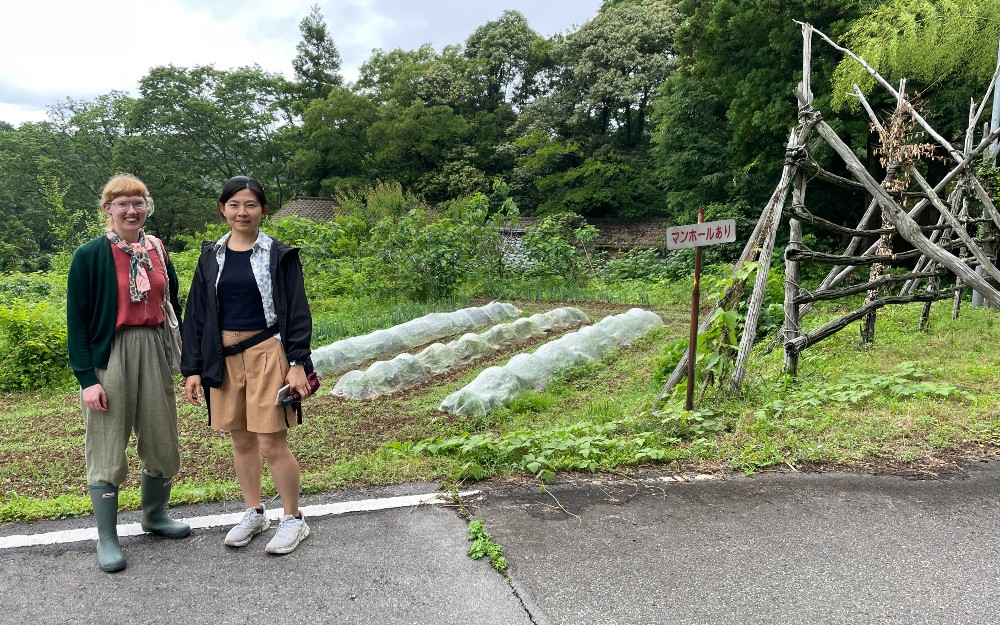The TREESCAPES project is a collaboration between the CCRI, Imperial College London and Kerry Morrison (artist), in association with Defra and the Black Environment Network (BEN), funded by the AHRC under the Follow-On Funding Highlight Notice Changing Landscapes programme. The project began in February 2020, but had to be postponed due to the COVID-19 pandemic and lockdown restrictions. It resumed in February 2021 and will conclude in January 2022.
The aim of TREESCAPES is to extend the results of social science research from a previous UKRI project, UNPICK (Understanding public risk in relation to tree health)1, by reaching new publics, including culturally and ethnically diverse groups, in rural, peri-urban and urban settings. Secondly, the project will explore how insights on the cultural values at risk from tree pests and diseases might be translated and more effectively integrated into a policy-relevant framework.

The UNPICK project used a range of social science approaches to investigate how UK publics perceive, understand and make sense of the growing threat to tree health from invasive pests and diseases. Tree pest and disease epidemics have increased dramatically in recent decades, largely attributed to globalization, trade in plant material and wood packaging, human movement and climate change. Evidence suggests that these outbreaks are likely to have profound consequences on landscapes, and on ecosystem services and the wellbeing benefits provided by trees and woodlands. Policy and management for tree pests and disease generally rely on technical risk assessment techniques, supported by scientific evidence and economic analysis of so-called ‘values at risk’ to prioritise surveillance and action for preventing new incursions, detection of new outbreaks and management for control once a new pest becomes established. However, as findings from the UNPICK project suggest, there are likely to be broader social and cultural implications of pest outbreaks, including impacts on cultural values (including cultural ecosystem services), sense of place, wellbeing and place identity. There is also a gap in understanding regarding how culturally and ethnically diverse groups engage with trees and woodlands in the UK, and how this might be impacted by tree disease.
We will work alongside a small group of participants to explore the ways they engage with trees and woodlands, and through conversations and actions in localities, participants will express what places and landscapes mean to them, and how those meanings and engagements with trees may have altered during lockdown. We will initially use digital methods such as WhatsApp and online workshops to engage with our participants, followed by socially-engaged art approaches in summer 2021, COVID-permitting
Outcomes will include a Policy Brief and a Creative Engagement Toolkit – a reflective document of the creative process and methods, which will act as a toolkit for creative engagement, to inform other researchers seeking to incorporate arts research into larger inter/trans/un-disciplinary work or communities of publics seeking to identify the cultural values in their local landscapes.
The project is led by Julie Urquhart and includes Jasmine Black, Alice Goodenough and Paul Courtney from the CCRI, Clive Potter from Imperial College London and Kerry Morrison, an environmental artist.
Notes
~ Project title: “Changing Treescapes: Making visible the cultural values at risk from tree pests and diseases through arts approaches”.
~ The project is funded by the AHRC under the Follow-On Funding Highlight Notice Changing Landscapes programme (grant number AH/T012307/1).

Project Team
Dr Julie Urquhart (CCRI & Project lead) – As an environmental social scientist, Julie’s research spans the disciplinary boundaries of environmental science, human geography and social science, and has applied arts-inspired methods, such as photography, in her work but from a social science perspective. Julie is a one of a small number of social scientists who are pioneering work on the human dimensions of tree health, and she has published widely in the academic literature. In addition, Julie was lead author of the first book, The Human Dimensions of Forest & Tree Health: Global Perspective, that synthesised this emerging research area, including contributions from social science, economics and the humanities. She was a primary researcher on the UNPICK project, and is also currently undertaking research on tree health stakeholder engagement for Defra.
Dr Jasmine Black (CCRI) – Jasmine has a PhD in soil science, but in recent years much of her work has focused on stakeholder engagement to facilitate sustainability. To this end she has utilised theatrical storytelling, interactive workshops, writing and illustration in her research.
Professor Paul Courtney (CCRI) – Paul is a social economist who works at the intersection of economics, sociology and psychology and is a specialist on socio-cultural value as it relates to policy and development. With a wealth of experience in producing evidence-based research and evaluations to inform rural and health policy, Paul is adept at inter and trans-disciplinary approaches that seek holistic answers to complex, real world questions.
Dr Kerry Morrison (artist) – Kerry is a socio-ecological artist and researcher – her PhD in Environmental Science (2015) integrated arts and science approaches. With an inter/un-disciplinary and socially engaging approach, Kerry uses arts and science methods to explore social and environmental challenges within local contexts with stakeholders and beneficiaries, resulting in new, shared experiences, unfolding narratives and environmental actions. Art commissions include new work for: The Tate; Liverpool Biennial, The Arnolfini, Bristol – in association with The Wellcome Trust & NESTA, and WetlandLife – a Valuing Nature project; as well as commissioned work in response to environment and ecological issues in Japan, Korea, Germany, USA, and Finland.
Professor Clive Potter (Imperial College London) – Clive is a professor in environmental policy with a track record on plant biosecurity and tree health, having led previous interdisciplinary investigations into the governance, management and public response to various tree pest and disease outbreaks. Clive was the PI of UNPICK project.
Dr Alice Goodenough (CCRI) – Alice’s research interests cover the health and wellbeing benefits of trees, woods and forests, along with arts-based and more-than-human research approaches to understanding human-environment relations. She joined CCRI in 2020 and has previously worked with a wide range of organisations to evaluate the impacts and outcomes of their work in green environments, with a focus on co-design of interdisciplinary and creative research designs for exploring these.

1 The UNPICK project was funded jointly by a grant from the BBSRC, Defra, ESRC, the Forestry Commission, NERC and the Scottish Government, under the Tree Health and Plant Biosecurity Initiative (Grant Number BB/L012308/1) and was led by Prof Clive Potter, Centre for Environmental Policy, Imperial College London.




